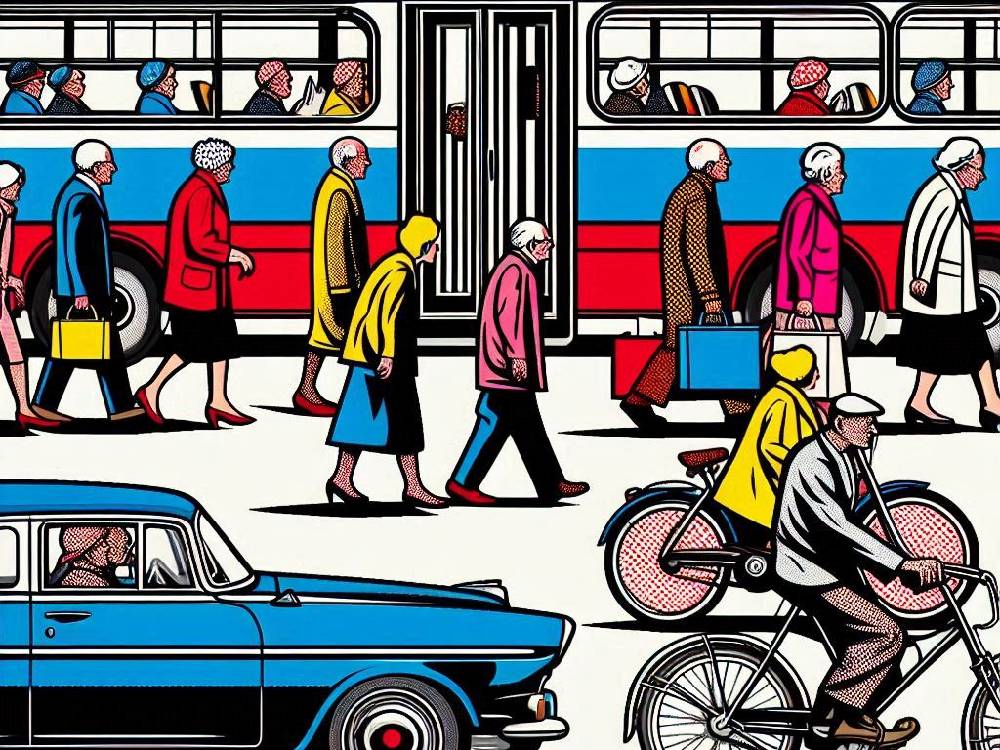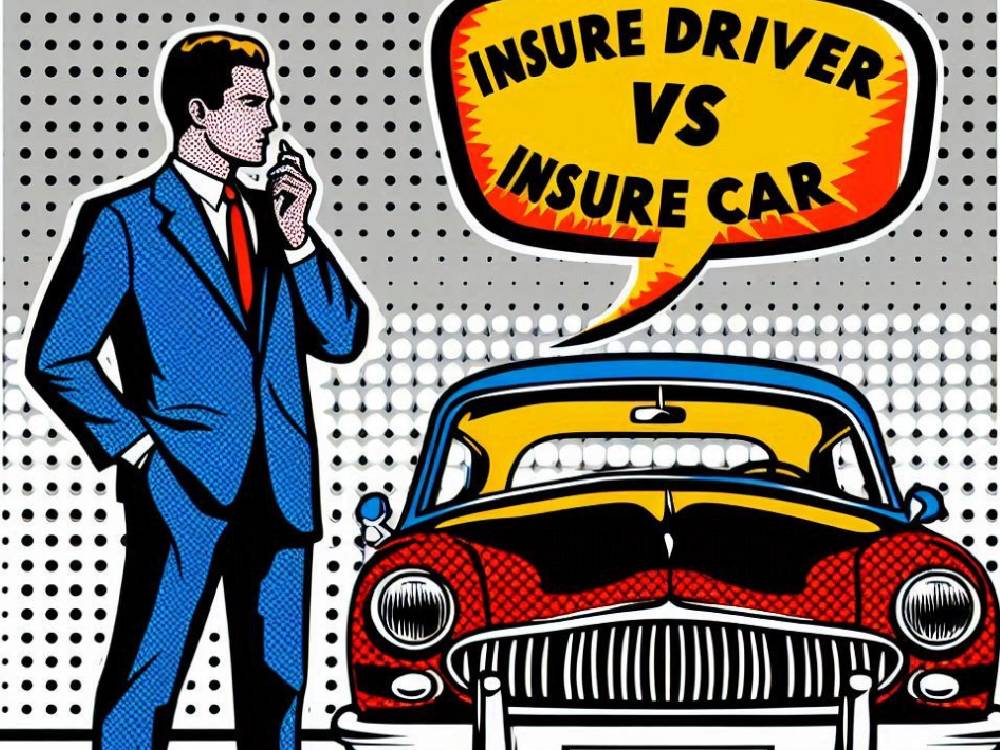Introduction
Void insurance.
Millions of UK drivers could be one passenger away from having their car insurance cancelled.
Why?
Because under UK law, the driver is responsible for more than just the wheel — you’re legally accountable for everything happening inside the vehicle, including the behaviour of your passengers and even their pets.
That means even small mistakes could void your insurance —
Like a friend blocking your rear-view mirror or
someone bringing their dog unrestrained, could cost you your cover.
And insurers are tightening up.
So before you offer another lift to work, here’s what you need to know.
Drivers Are Legally Responsible To Ensure Insurance Does Not Become Void
There’s no easy way to say it:
If you’re the driver, you carry the legal weight — no matter who else is in the car.
Under UK law, you must ensure that anyone under 14 wears the proper restraints — and yes, that responsibility falls entirely on you.
Even if it’s not your child.
Even if the parent is sitting right next to them.
If the police stop you and the child isn’t wearing a seatbelt, you get the fine.
And pets?
They’re not exempt either.
If a dog jumps into the front seat and causes you to swerve, it doesn’t matter who owns the dog — it’s still your fault for not keeping control.
Bottom line?
If it’s in the car, it’s on you.
Void Insurance: Why More Britons Are At Risk Than Ever Before
Here’s the kicker:
A recent survey revealed that 15% of UK households have downsized to a single car to save money.
But that single car now needs to serve more people.
And more passengers = more risk.
This also means more carpooling, more dogs coming along for the ride, and more chances for innocent mistakes to lead to devastating insurance outcomes.
It only takes one loud passenger or one unrestrained pet to turn your valid insurance into a worthless piece of paper.
And that’s not fear-mongering — it’s already happening.
The Small Mistakes That Could Void Your Insurance And Cost You Thousands
Let’s talk about real examples.
Because these aren’t rare cases — they’re increasingly common reasons for policy refusals.
Obstructed view
That coat hung over your back window? Or your mate’s giant gym bag blocking the side mirror?
It doesn’t take much for an insurer to say,
“You didn’t have full visibility. Claim refused.”
Noise and distraction
A group of friends laughing, shouting, or arguing?
Even if they’re not touching the wheel, insurers may argue you weren’t in full control of the car — and that could be the difference between a payout or being left with the bill.
Helping someone move house?
Sounds harmless.
But cramming in boxes or heavy furniture that exceeds the vehicle’s load limit could void your insurance.
Especially if those items interfere with your ability to drive.
Now imagine you’re in a crash.
You’re fine.
But your insurer digs through the claim and finds a technical violation like that.
Your cover could be ripped out from under you.
Pets, Kids And Chaos — Who’s Actually In Control?
Many drivers assume if a child misbehaves or a dog starts barking, it’s not their fault.
Unfortunately, that’s not how insurers or the law see it.
If your attention is compromised, you are not in control of the vehicle.
That’s why it’s critical to make sure:
- All children are in age-appropriate, legal car seats
- All pets are restrained (seatbelt harnesses or crates are ideal)
- You never allow passengers to interfere with your driving focus
Yes, even if it feels harsh.
Because if you don’t?
The cost isn’t just financial — it could be legal too.
When Passengers Break The Law — You’re The One Who Pays
Here’s something most people don’t realise:
Even if your passenger engages in illegal activity, you can be held responsible if you were aware and failed to act.
That includes:
- Drinking alcohol in the vehicle
- Smoking illegal substances
- Distracting you while driving
- Acting in a way that endangers others
Insurers “could refuse claims or cancel policies” outright in these cases.
No warning.
No negotiation.
Just cancellation — or rejection of the claim.
What Insurers Are Saying — And Why This Isn’t Just Hype
To understand how serious this issue is, consider the latest figures.
Last year, UK insurers paid out £11.7 billion in motor insurance claims.
That’s an increase of 4% from the year before.
As a result, insurers are now examining claims with greater scrutiny than ever before.
Put simply, with more money leaving their accounts, they’re far less likely to be lenient about technical breaches.
So what does this mean for you?
Well, if your passengers are causing distractions by –
blocking your view or violating the law in your vehicle — your entire claim could be dismissed.
Even worse, your policy could be void and cancelled altogether.
And this isn’t just theory.
The rise in shared vehicles and carpooling is increasing the chances of risk — which directly impacts how insurers respond to claims.
Therefore, the takeaway is clear:
As distractions rise, so do your chances of being left unprotected.
What You Can Do Right Now To Protect Yourself
Fortunately, it’s not all bad news.
There are practical steps you can take immediately to reduce your risk and keep your cover safe.
Let’s break them down.
First, double-check your policy documentation.
Far too many drivers assume they’re protected when they’re not.
Next, take control of your in-car environment. That means setting expectations with passengers before you even start the engine.
Additionally, make sure children are in the correct restraints and pets are properly secured.
Finally, avoid cramming in heavy items for passengers, especially if they block mirrors or affect your ability to drive safely.
By doing the above, you’re not just following the law.
You’re sending a signal to insurers that you’re a low-risk driver, which could also help you secure cheap car insurance in the long term.
Moreover, if you’re exploring better options to ensure you do not void your insurance.
Our page on car insurance options can guide you through policies that offer more flexibility without sacrificing protection.
Conclusion
Ultimately, the message is simple — but powerful.
If you’re not in control of your vehicle, then you’re not in control of your insurance.
And in the eyes of insurers, control means more than just driving ability.
As claims rise and insurers tighten their rules, your best defence is awareness and action.
That’s why it’s more important than ever to be proactive and not void your insurance.
Make sure you understand what could invalidate your cover, take steps to avoid risky behaviour, and regularly review your policy terms.
So, before your next trip, ask yourself this:
Am I confident that everything — and everyone — inside this vehicle is safe, legal, and under control?
If the answer is yes, then you’re already on the path to keeping your protection intact and avoiding costly surprises.
If you’re keen to dive deeper, here are some essential resources to protect yourself even further:
- What will invalidate your car insurance?
- The dash cam mistake that could cost you
- Very cheap car insurance options for budget-conscious drivers
- 5 ways to save money on your next policy













